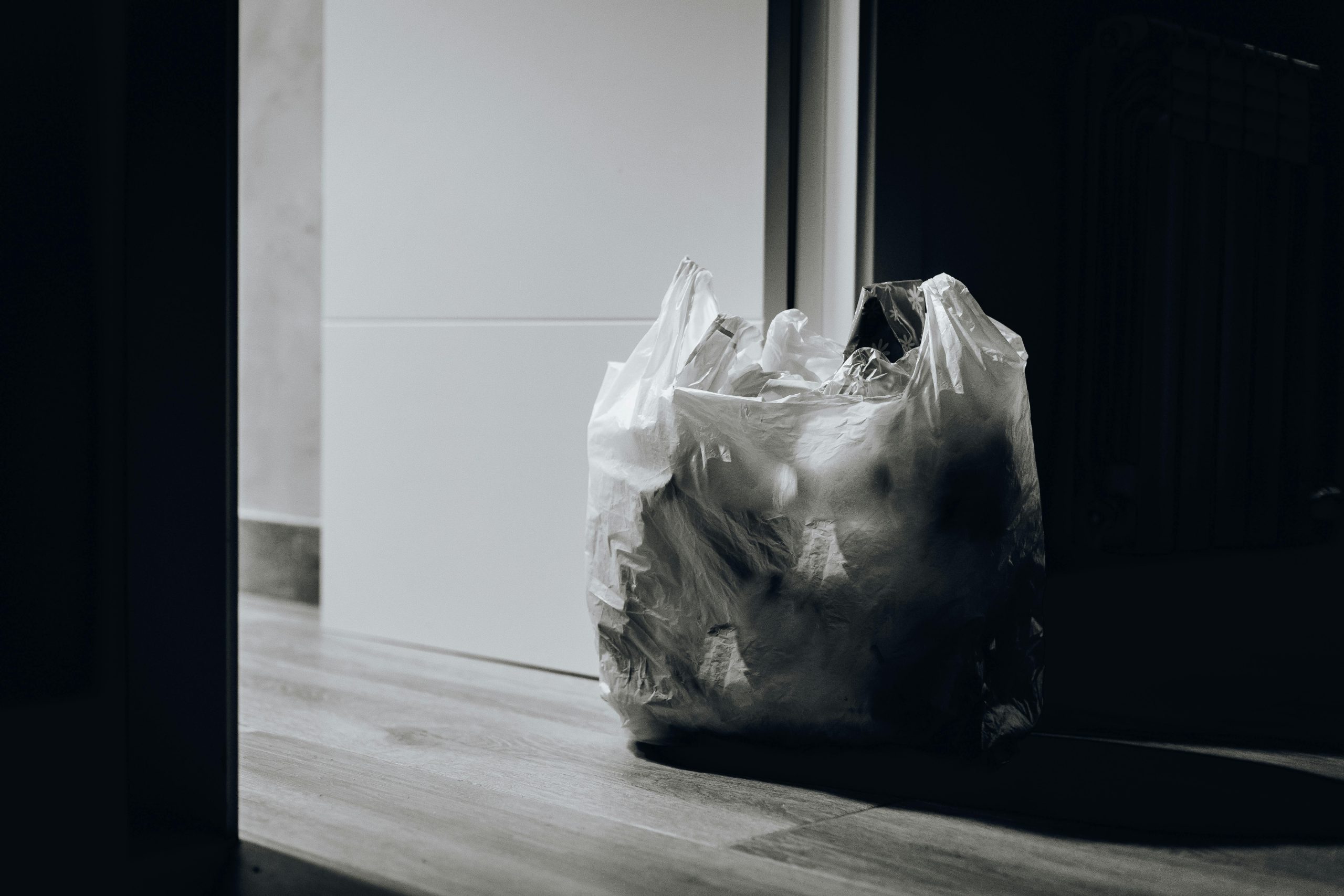In Michigan, environmental stewardship is not just encouraged—it’s mandated by law. Several common household items are prohibited from regular trash disposal due to their potential harm to the environment and public health. Understanding these regulations is crucial for residents aiming to comply with state laws and promote sustainability.
1. Beverage Containers
Michigan’s bottle deposit law imposes a 10-cent deposit on beverage containers, including bottles and cans for soft drinks, beer, and other beverages. This initiative encourages recycling and reduces litter. Disposing of these containers in the trash is illegal and can result in fines of up to $1,000. Residents should return these containers to retailers or redemption centers to reclaim their deposit. Containers without a deposit value, such as certain juice boxes or milk jugs, should be recycled through local recycling programs.
2. Lead-Acid Batteries
Commonly found in vehicles like cars and boats, lead-acid batteries contain toxic substances such as lead and sulfuric acid. Improper disposal poses significant environmental and health risks. In Michigan, it’s illegal to discard these batteries in landfills or incinerators. Instead, many retailers and auto repair shops offer recycling services for old batteries. Utilizing these services ensures safe handling and recycling of hazardous materials.
3. Yard Waste
Yard waste—including leaves, grass clippings, branches, and other organic materials—has been banned from Michigan landfills since 1995. This measure aims to conserve landfill space and reduce methane emissions from decomposing organic matter. Residents are encouraged to compost yard waste on-site or utilize local composting facilities. Alternatively, many communities offer curbside pickup services for yard waste, provided it’s properly bagged in designated yard waste bags.
4. Used Oil
Used motor oil from vehicles contains contaminants that can harm the environment if not disposed of correctly. In Michigan, it’s illegal to dispose of used oil in regular trash or pour it down drains. Residents should take used oil to designated recycling centers or automotive service providers that accept and recycle used oil. This practice prevents soil and water contamination and allows the oil to be re-refined for future use.
5. Scrap Tires
Whole tires are prohibited from Michigan landfills due to their bulk and potential to trap methane gas, causing environmental hazards. Landfills may accept tires only if they are cut in half or processed by shredding, cutting, or chipping. However, the preferred method of disposal is recycling. Residents can take old tires to recycling facilities or participate in community collection events. Recycled tires can be repurposed for various applications, such as playground surfaces or asphalt.
6. Asbestos
Asbestos, once commonly used in building materials, is now known for its health risks, including respiratory diseases. Due to its hazardous nature, asbestos disposal is strictly regulated in Michigan. Residents must hire licensed professionals for asbestos removal and ensure it’s disposed of at facilities equipped to handle hazardous waste. Improper handling or disposal can lead to severe health risks and legal penalties.
7. Medical Waste
Items such as needles, syringes, and other medical waste pose significant health hazards if not disposed of properly. In Michigan, it’s illegal to discard medical waste in regular trash due to the risk of injury and contamination. Residents should use designated sharps containers and utilize approved medical waste disposal services or community take-back programs to ensure safe handling.
8. Electronic Waste
Electronics like computers, televisions, and smartphones contain hazardous materials, including lead, mercury, and cadmium. While not explicitly banned from landfills in Michigan, improper disposal can lead to environmental contamination. Residents are strongly encouraged to recycle electronic waste through designated e-waste recycling programs, retailers, or community collection events. Proper recycling recovers valuable materials and prevents environmental harm.
9. Fluorescent Light Bulbs
Fluorescent bulbs, including compact fluorescent lamps (CFLs), contain small amounts of mercury, making them hazardous if broken or improperly disposed of. In Michigan, these bulbs should not be thrown in regular trash. Residents should take used fluorescent bulbs to recycling programs or retailers that accept them for safe disposal. Proper handling prevents mercury release into the environment.
Conclusion
Adhering to Michigan’s disposal regulations is essential for protecting the environment and public health. Residents are encouraged to stay informed about proper disposal methods for various materials and utilize available recycling and hazardous waste programs. By doing so, Michiganders contribute to a cleaner, safer state for current and future generations.
(Source : bhg.com )


